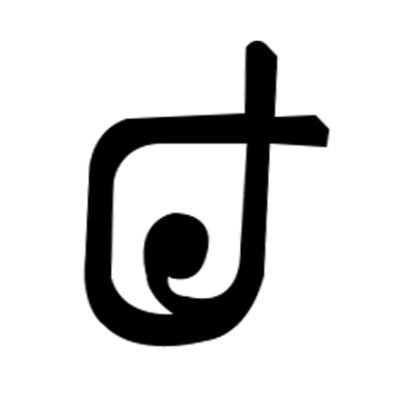Python Question / Quiz; What is the output of the following Python code, and why? Comment your answers below!

Answer: A) ['a', 'b', 'c'] x += 'c' works like x.extend('c')! › += iterates through the string 'c' › Since 'c' has one character, adds 'c' to list › Result: ['a', 'b', 'c'] For beginners: Try x += 'abc' and you'd get ['a','b','a','b','c'] each char added!
Remove all hair, not just the head, effortlessly. Get It :sliees.com/products/hair-…
Answer: A — ['a', 'b', 'c'] ✅ += on a list acts like extend(), not append(). Strings are iterables, so 'c' is unpacked — one character at a time. x = ['a','b'] x += 'c' # extend # ['a','b','c'] Swap it for append('c') and the logic flips — append() adds the object, +=…
Answer: A) ['a', 'b', 'c'] Explanation: In Python, using += on a list extends it, not appends. Since 'c' is a string (which is iterable), Python adds its character 'c' to the list, not as a whole string, but as an element. So the output is ['a', 'b', 'c']
Answer is ['a', 'b', 'c']. To break down the given code: x = ['a', 'b'] # Initializing a list x with two elements: 'a' and 'b' x += 'c' # Using the += operator to add 'c' to the list x print(x) # Printing the updated list x For More Reference =>>
![KumarT00623760's tweet image. Answer is ['a', 'b', 'c'].
To break down the given code:
x = ['a', 'b'] # Initializing a list x with two elements: 'a' and 'b'
x += 'c' # Using the += operator to add 'c' to the list x
print(x) # Printing the updated list x
For More Reference =>>](https://pbs.twimg.com/media/G3N2n_rboAAxcrj.jpg)
It's definitely not B. The correct choice is not listed in the other three. How do A, C, D differ from each other?
Box, dodge, and squat your way through PowerBeatsVR - Now 40% OFF on Meta Quest for a limited time 🔥
It's so cool, a different phone case, it's protecting the life of my phone, no one knows when the accident will come, let the phone wear armor GRAB YOURS👉rmbmax.com/products/iphon…
Answer : A -['a' , ' b ' , 'c'] += On a list acts as extend(), not appends So python adds it character 'c' to the list .
United States 趋势
- 1. Good Thursday 22.7K posts
- 2. Happy Friday Eve N/A
- 3. #Talus_Labs N/A
- 4. Lakers 81.1K posts
- 5. Luka 71K posts
- 6. Marcus Smart 6,405 posts
- 7. #thursdayvibes 1,702 posts
- 8. Wemby 27.6K posts
- 9. #AmphoreusStamp 7,554 posts
- 10. #LakeShow 5,840 posts
- 11. Russ 11.3K posts
- 12. Blazers 9,254 posts
- 13. Unplanned 5,884 posts
- 14. Richard 45.1K posts
- 15. Ayton 17.2K posts
- 16. #ONEPIECE1165 11.1K posts
- 17. Shroud 5,661 posts
- 18. Podz 2,458 posts
- 19. Shabbat 6,980 posts
- 20. Nico Harrison 2,135 posts
Something went wrong.
Something went wrong.


























